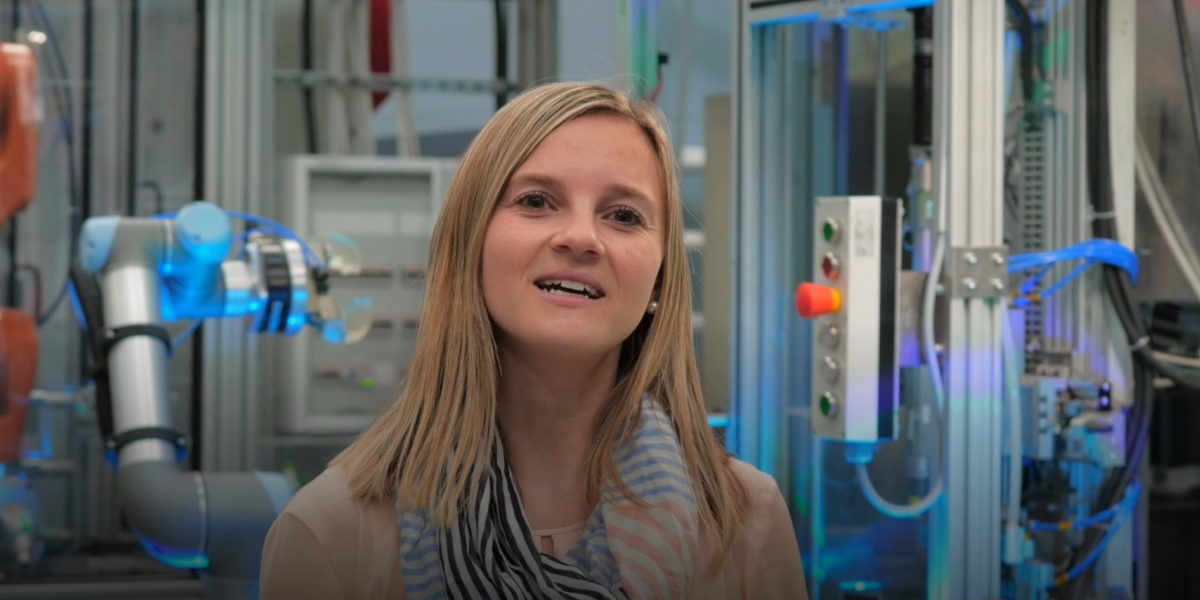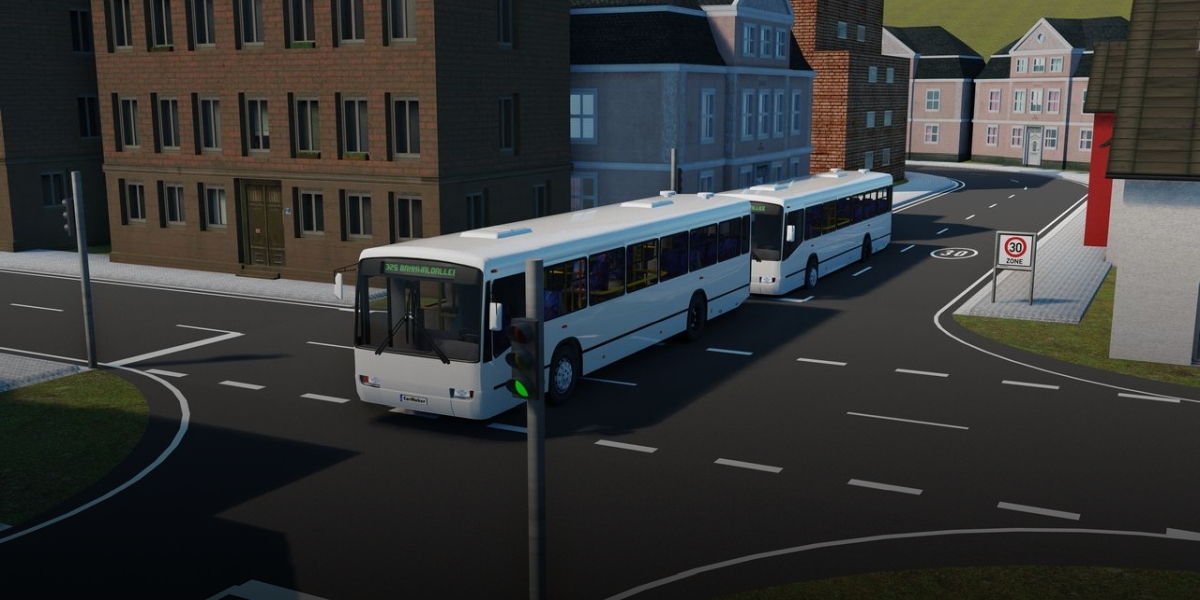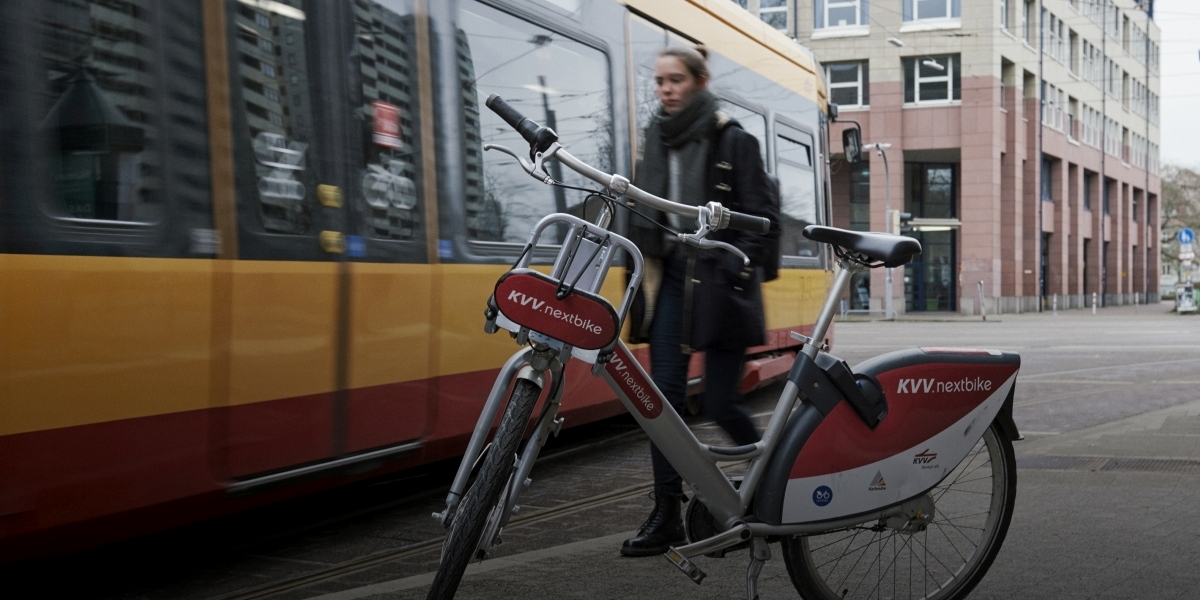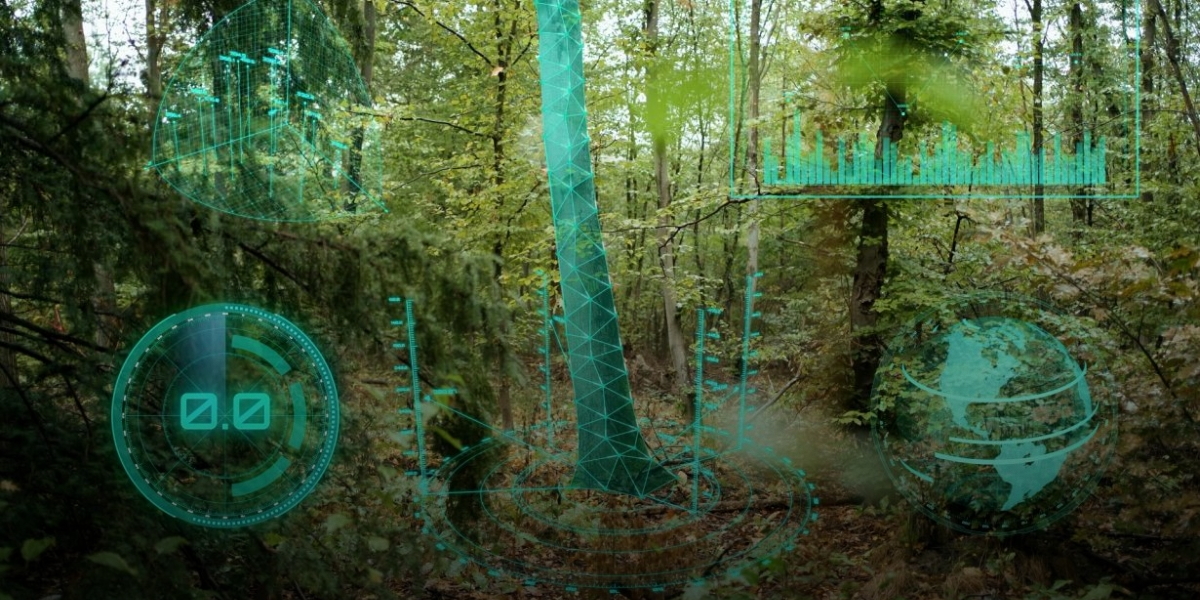Digitalization and Sustainability
Ending the dependence on fossil fuels, conserving resources, and protecting habitats are elementary components for successfully leading modern societies onto a sustainable path and thus making them fit for the future. Numerous researchers at the Karlsruhe Institute of Technology (KIT) are therefore working on solutions and are generating valuable knowledge - from the development of a future climate-neutral energy system within the framework of the Energy Lab 2.0 to sustainable concepts for civil engineering or mobility of the future through to a better understanding of climate change.
One approach is to combine the ongoing digitalization of various areas of life with concepts of sustainability. For example, in automated research into new battery materials, the networking of mobility services, or more resource-efficient production using efficient algorithms. Sina Peukert of the wbk Institute of Production Science at KIT explains in a video (right side) which further opportunities digitization offers for sustainable development
Learn more about KIT‘s research on these topics in the online dossier. We also present KIT's multifaceted topics at Hannover Messe 2022, whose motto of "Transforming Industry Together" is all about digitalization and sustainability.
Overview
sprungmarken_marker_30337
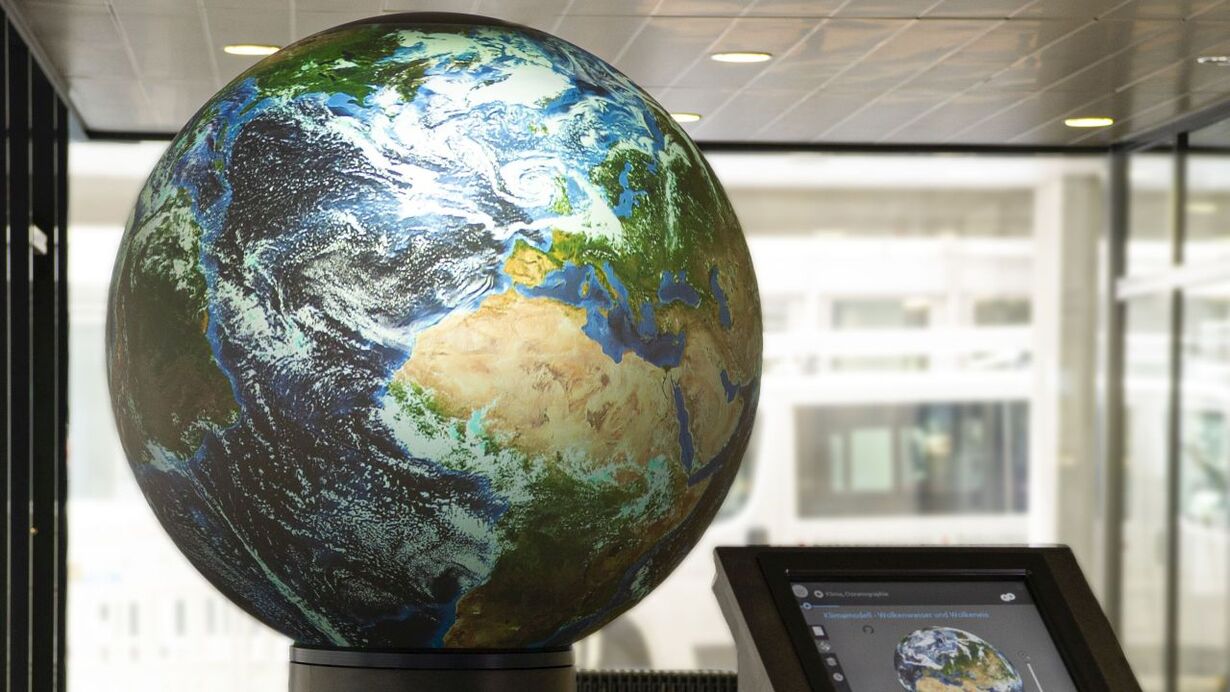
Climate and risk research, security for sustainable energy systems, an innovative process that converts climate-damaging carbon dioxide, and further highlights from research and development.
Press Portfolio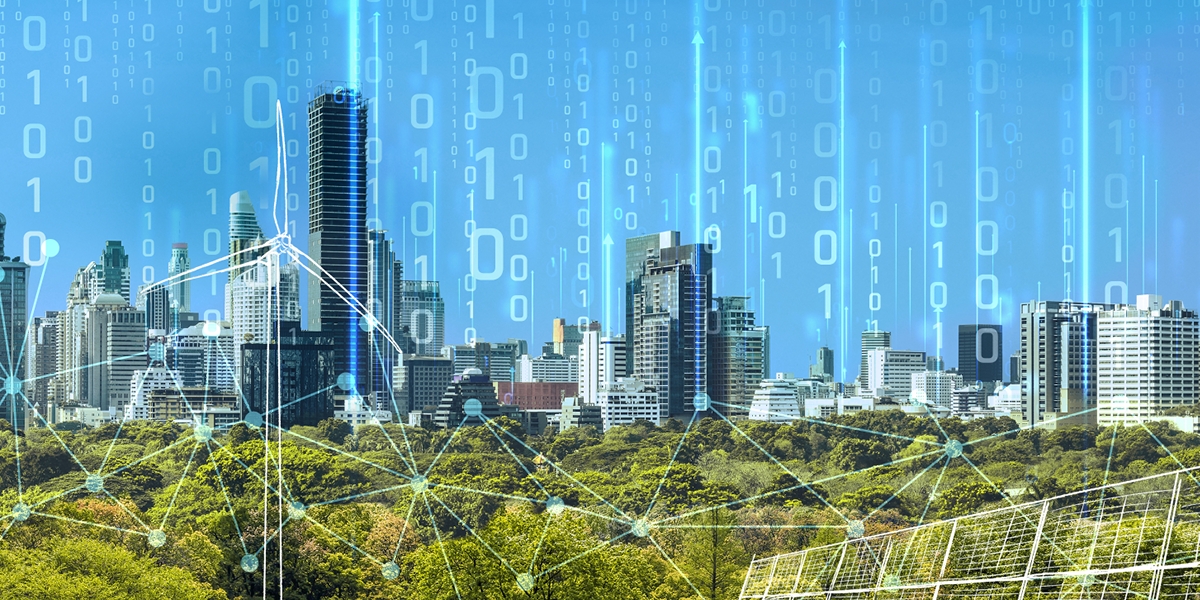
Sustainability and digitalization are also key topics in issue no. 1/22 of KIT‘s research magazine lookKIT.
Please click here to read lookKIT 1/22Smart Battery Research
Achieving greenhouse gas neutrality is essential to limit human-made climate change. A central building block on the way towards greenhouse gas neutrality is the energy transition, i.e., the phase-out of the use of fossil fuels. Alternative energy sources, such as wind or solar power, are therefore needed to continue to meet the energy requirements of modern societies.
Making these renewable energies permanently and reliably available is a challenge that requires powerful batteries. Research into the latter and production for a wide range of applications therefore make a valuable contribution to the energy transition. To further improve the research into and production of these energy storage systems, KIT and its partners rely on resources from the toolbox of digitalization, such as automation and networking.
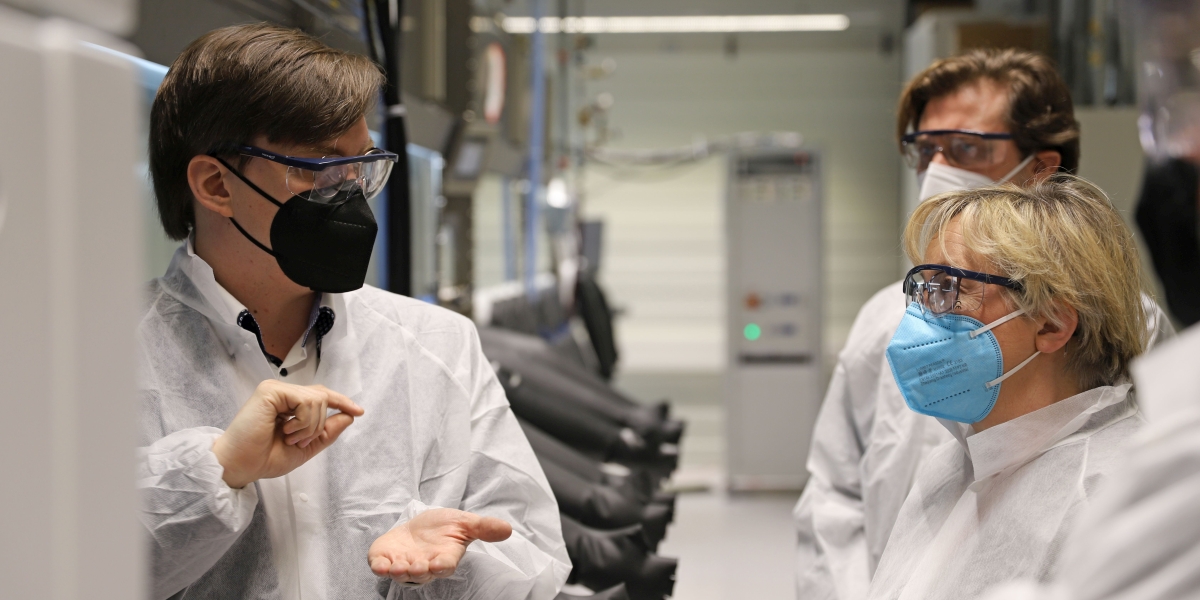
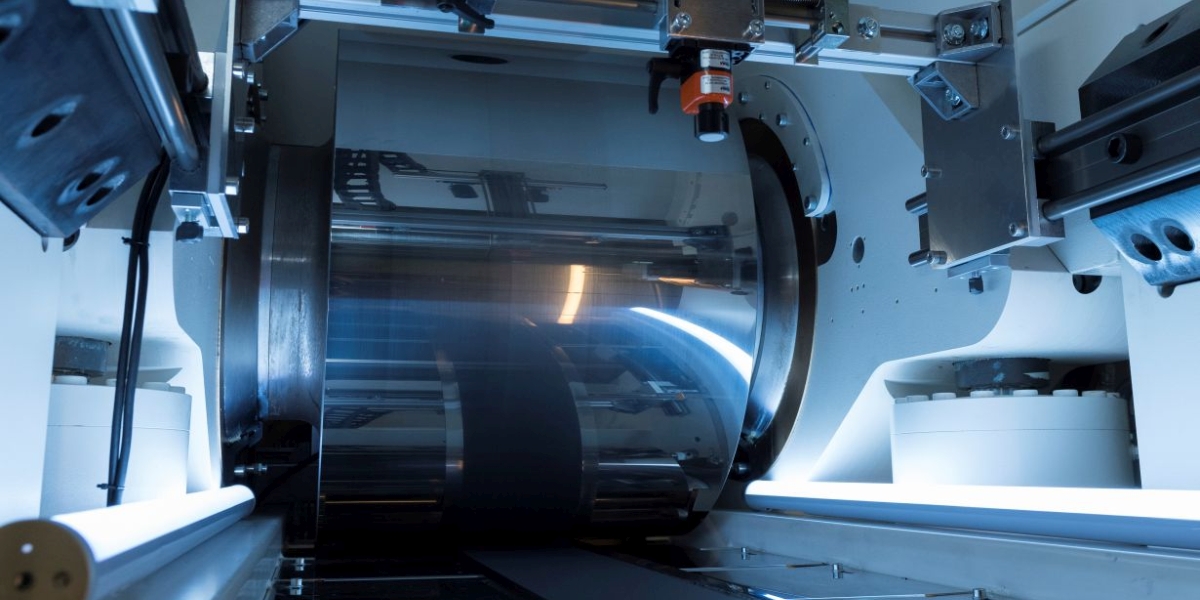
The battery competence cluster InZePro aims to holistically optimize production systems and make them more flexible.
Read moreNetworked and autonomously mobile
The switch to zero-emission forms of propulsion is essential for achieving climate targets in the transport sector. The traffic transition, however, involves much more than that. Other elements include, for example, the expansion of public transport and the development of new mobility concepts.
Together with partners, KIT is therefore working on the mobility of the future in various projects. For example, in the regiomove project, which promotes the networking of mobility services, or in the TEMPUS project, where buses are electronically linked to each other to contribute to demand-oriented local transport.
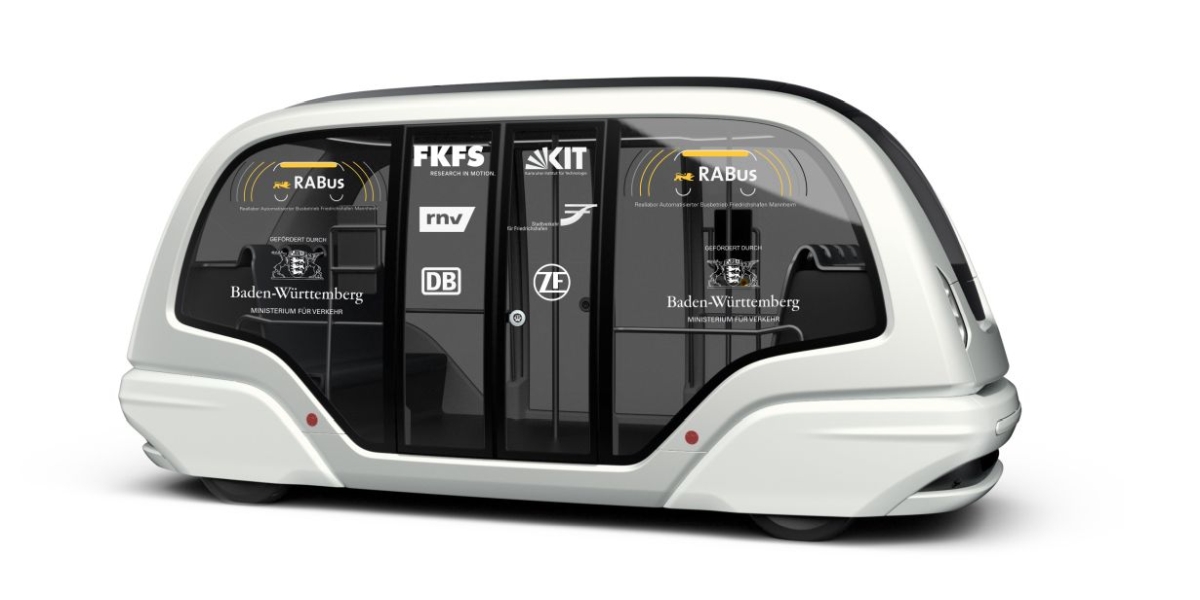
At KIT, the acceptance of driverless bus shuttles is being investigated in the RABus project.
Read moreKI: Conserving resources, protecting the environment
AI will be much more present in our everyday lives in the future, for example in autonomous driving or in the form of assistive robots in healthcare. In addition, AI can help conserve resources and protect our environment.
KIT researchers are working, for example, on making production processes in process engineering plants more efficient with the help of algorithms and thus saving resources. The environment can benefit even more directly from an intelligent assistance system that helps foresters manage forests sustainably.

